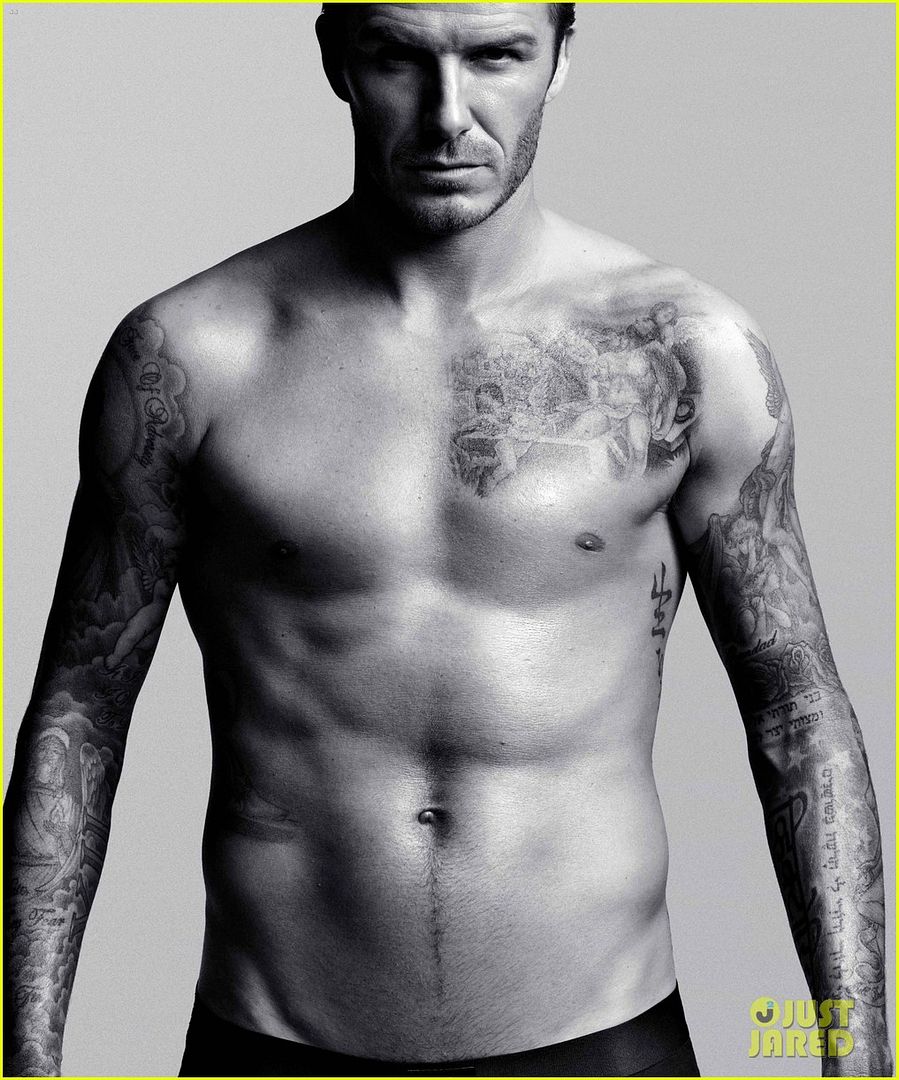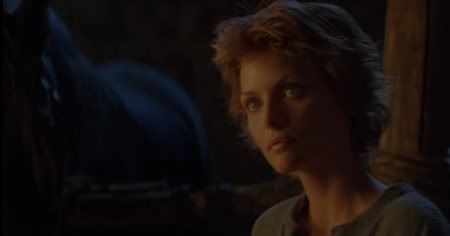CHARACTERS Part 2
The Good, the Bad, the Fugly…
Oh, and the Quirky, the Snarky, and the Underdog.
The Comments: "Your
story has a really weak/slow/boring start." Or "Your main character
is really predictable." Or "I couldn't get past chapter two."
What they might mean:
Your protagonist is too generic, too good to be true, or so pathetic or predictable they're
unappealing.
Does that sting?
Here's why: The deepest secret about main characters is
they're shards of our souls we've somehow managed to chip off and flung into
another world.
That's why critiques about them hurt more than critiques about plot, theme, etc. Because it feels like a critique
against our selves. We've written our selves into the story and when someone
says "Oh, the protagonist was completely idiotic," it stings like
they've insulted us.
The Good:
Perhaps we've made the protagonist everything we wish we
could be? Super smart, strong, ripped like Beckham
 |
| "I could totally carry your story." |
or as stunning as Michelle Pfeiffer in Ladyhawke.
Someone who knows
exactly the right thing to do at the right moment, who always has a clever quip
or a witty one-liner. With "just the right amount of vulnerability to make
him endearing". An allegorical saint or Hollywood ideal. In other words, Too
Good To Be True.
The Bad:
Or perhaps we've made the protagonist everything we hate
about ourselves (or someone else – which is just a manifestation of something we
do hate about ourselves but we
can't/won't admit it.) Our protagonist is physically weak, intellectually weak,
or morally weak. Perhaps they're too passive at work, in bed, in life. The
classic underdog (and lordy, there's a lot of underdog protagonists right now –
so many that it's become rather stereotypical and predictable.)
The Fugly:
Or perhaps the greatest offense. We create a protagonist
that embodies perceptions of what people want them to be. We stuff ourselves
into a genre trope – the hard-boiled detective, the emotionally-damaged hero or
heroine with a mysterious past, the super spesh stable boy who somehow
overcomes his impoverished surroundings, finds a magical sword, and saves the
kingdom from Ancient Evil. The Fugly hero or heroine who, at some point in the
story, undergoes a metamorphosis via makeover to become a swan that everyone
desires.
The Good, the Bad, and the Fugly main characters are good
starting points but can they carry a story? No.
Why? Because they're such commonplace extremes that it can
be difficult to know them as real
people. It's just as easy to hate someone who is too good to be true as it is to hate someone with qualities you already dislike. And boy is it easy to ignore someone you've met a thousand times in a thousand different books.
The danger to your WIP is this: the canned Good, Bad, Fugly becomes a puppet.
He only is what you want him to be (what you wish you could be or what you wish you could change about your life). He only does
what you want him to do (what you wish you could do or what you wish you could stop doing). Or worse - he only is and does what dozens of his predecessors have done before in the genre. No surprises.
Yes, yes, I know Ancient Evil or Stunning Rival does
something to him in chapter two, but check his reaction. Does he react the way you would react, the way you want him to react to suit your plot,
or the way he would react if he was
real and alive?
(By the way, this is where that 5x5 Character Manifest fromlast week's post would come in handy. Check his reaction with one or a
combination of what you answered for the Who, What, Why, etc.: Protag does X
because of the answer to Why.)
I'll offer an example from my personal life a few years
back.
I was desperately single. Like,
will-date-anyone-with-a-pulse single. So friends and coworkers tried to set me
up. A lot.
A coworker, Davey, came up to me one day.
"Hey J, I have a nephew who's single," said Davey.
"Oh yeah? What's he like?"
Davey showed me a photo of a smooth-cheeked, blue-eyed Marine.
"He's
hella cute. How old is he?" I said.
"Just turned twenty."
"F*ck, Davey, I'm not a cradle robber, for f*ck's
sake!" (I cuss a LOT in real life.)
"How the hell am I supposed to know how old you are?
Besides, he don't care. I don't
care," said Davey.
"Well I –"
"He's real nice. And real smart."
"So?"
"And he's really … nice. And good-looking, right?"
Davey started turning red.
"And?" I knew a lot of nice, handsome, smart men
in uniform. Married, related to me, or gay.
"He's quirky," said Davey.
"What the f*ck does that mean to me?"
"It's the thing to say now, right? Quirky." Davey scratched his head. "How about
snarky?"
"Do you even know what those words mean?" I said. "Quirky is just
a social construct based on the zeitgeist. In the 1800's, a woman who wanted
the right to vote was quirky. Quirky means nothing more than what you think is f*cking cutely odd. It's a
value judgment. Like saying someone's beautiful. Means nothing cuz you're idea
of beauty is completely different from my idea –"
"He's quirky, snarky, and … and…"
"And what?" I shoved him in exasperation.
"Tell me something about him that makes him special. Why would I want to
date him instead of any other guy on
the street?"
"Oh!" Davey said, eyes wide. "He has perfect
pitch. You name a note and he can sing it, play it on his saxophone, or tune a
violin to it."
And that right there immediately made Davey's nephew more
real. The fact that he could do something unique – not terribly rare, not
earth-shatteringly abnormal. Neither "likeable" or "unlikeable". Just… different.
Davey not only told me about that talent, he showed it to me by giving me an example of what his nephew does with it.
Davey not only told me about that talent, he showed it to me by giving me an example of what his nephew does with it.
A
character moving immediately gets more
attention than a character standing still and blending in with his background.
More importantly, that detail separated Davey's nephew from
an ideal, from your ideals, from stereotypes and predictability. Davey stopped feeding me lines he thought I wanted to hear and
started describing his nephew as a real person doing real things.
If the comments and critiques at the top sound familiar,
take a step back from the WIP and pitch your protagonist to a friend (or, if
you're like me, random stranger in line at Costco) and follow the line of
questions until you get the Specific and Unique details that transform your
protagonist from character to dateable human being.
Then, in your WIP: how quickly can you convince me to "date" - aka, spend time with - your protagonist. Can you do it in the first chapter? Can you do it in paragraph 16? Can you do it on page one? Can you do it from the opening line?
Then, in your WIP: how quickly can you convince me to "date" - aka, spend time with - your protagonist. Can you do it in the first chapter? Can you do it in paragraph 16? Can you do it on page one? Can you do it from the opening line?
Happy writing and revising!
J
Coming up:
More Character
J
Coming up:
More Character
Dialogue
Dialogue Tags
Passive
Verbing
Robert Bevan
Nat Russo
Laura Oliva

No comments:
Post a Comment